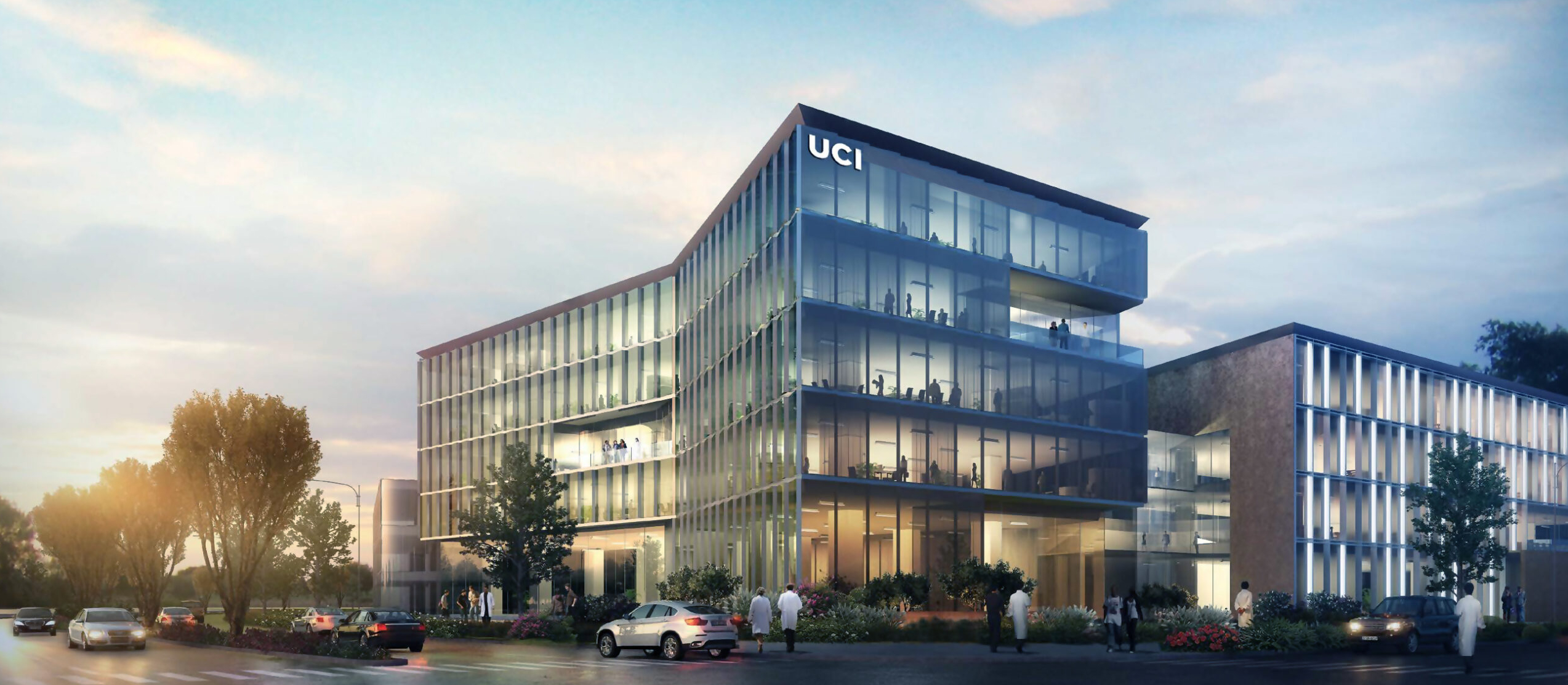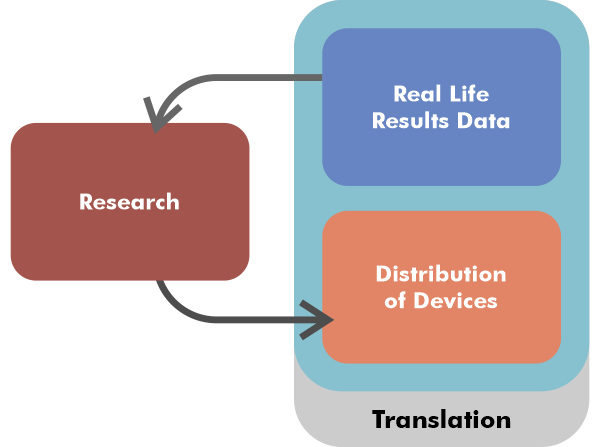About Us
IFH aims to integrate lifestyle, community, environment, and social factors in conjunction with clinical knowledge to radically transform health systems away from hospitals and into the hands of each individual. Use power of data created by the nexus of knowledge of genetics and biology, sensors, mobile technology, knowledge-based AI systems, data management, and medical technology to empower people to be healthy. Use power of mobile phones to create personal health navigators that will power healthcare for everybody — the poorest people living in the remotest areas in the world. We convert Healthcare to become a popular Personal Health Navigation approach.

Approches

Living Lab
Our emphasis on lifestyle and environment requires understanding individual and population behavior in real life settings rather than controlled laboratories. By collecting large volumes of data and then selecting appropriate sets using right control parameters, one can understand real life behavior of people. Populations can then be appropriately formed by aggregating similar people.

Global Teams
Since Health research and guidance is based on diverse expertise as well as different geo-social-economic-cultural factors, we are forming partnerships with researchers, practitioners, and organizations in different parts of the world.

Simultaneous Translation
Our approach is to understand lifestyle and environmental factors as the affect an individual and use them to steer their health state based on their personal model. This requires collecting real-time lifestyle and enlivenment data in real-life situations. Also, helping people control their health and collect data about the effectiveness of approaches. This approach requires that we build an infrastructure to simultaneously do research and translation rather than first doing research and then translation.
BACKGROUND
IFH is an Organized Research Unit (ORU) in the University of California, Irvine which brings together researchers, community health workers, medical and mental health practitioners, nurses, patients, and patient advocates working on preventive cybernetic health. IFH has been founded on a shared belief that each individual is unique due to his/her/their omics (genomic, transcriptomic, metabolomics, etc.), lifestyle, environment, and socioeconomic factors. Progress in sensors, mobile and ubiquitous computing, medical, pharmaceutical and nursing sciences, informatics, genomics, and Artificial Intelligence allows gathering information about individuals to build their own personal models for predictive and preventive guidance. Cybernetics (i.e., continuous closed-loop feedback control) principles can provide perpetual guidance to individuals toward a healthy life in real time.
Achieving the goal of preventive health systems in the cybernetic model occurs through the flow of several components. From personalized models, we can predict health status using perpetual sensing and data streams. Given these predictions, we give precise recommendations to best suit the prediction for that individual. To enact these recommendations, we use persuasive technology to deliver and execute targeted interventions. IFH aims to integrate lifestyle, community, environment, and socioeconomic factors in conjunction with clinical knowledge to radically transform health systems away from hospitals and clinics, and into the hands of each individual. IFH’s mission is to help people better manage their health and quality of life with personalized just-in-time advice. This main goal will be achieved by personal reminders, community resources, healthcare services, and a cybernetic approach.
A unique aspect of this ORU is to build “Living Laboratories” for simultaneous research and translation. Two major foci of our research will be the use of both health data as well as lifestyle data. Unfortunately, lifestyle information cannot be collected in artificial labs. IFH builds laboratories that collect data from people in their normal life in everyday settings (i.e., Living Labs), and then use the context of this data to consider appropriate populations for understanding and building models of health in diverse situations. Unlike regular labs where the environment is controlled to collect data, Living Labs enable collecting data from people in their normal, everyday settings and then divide this data into appropriate sets relevant to the desired research tasks. Similarly, unlike traditional models where translation into practice and/or commercialization follows research, Living Labs allow research and translation to work together. Living labs-based solutions will be real-world for real people and will expedite the translation of solutions based on the science into practice.
